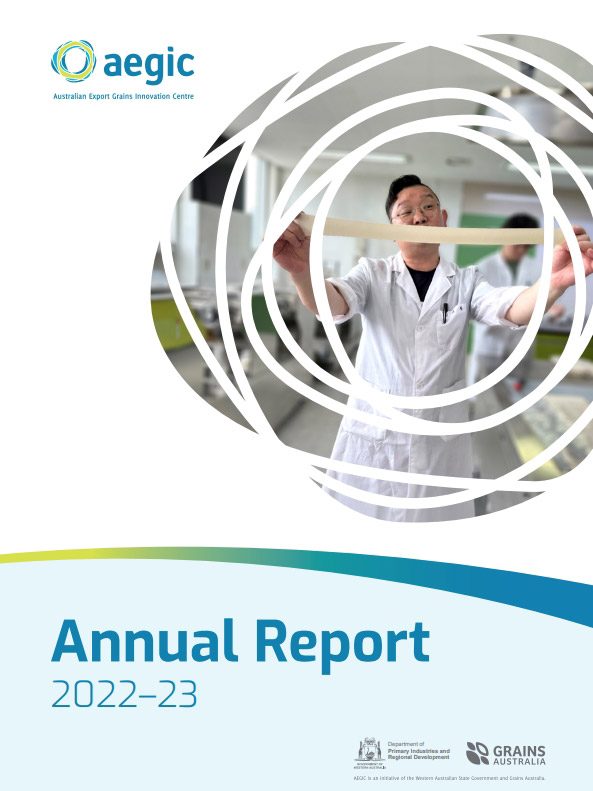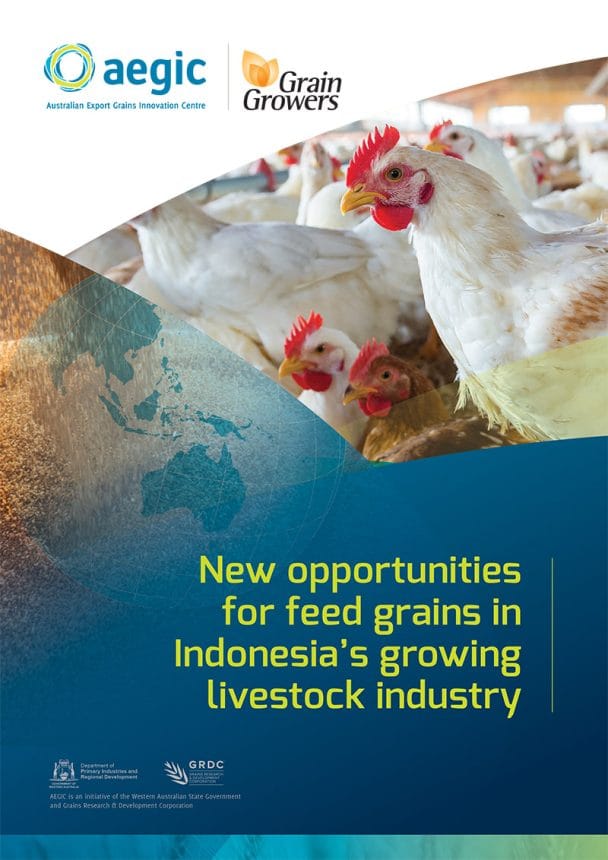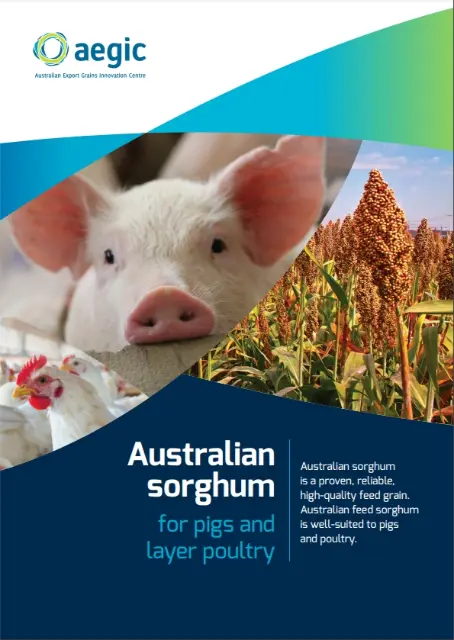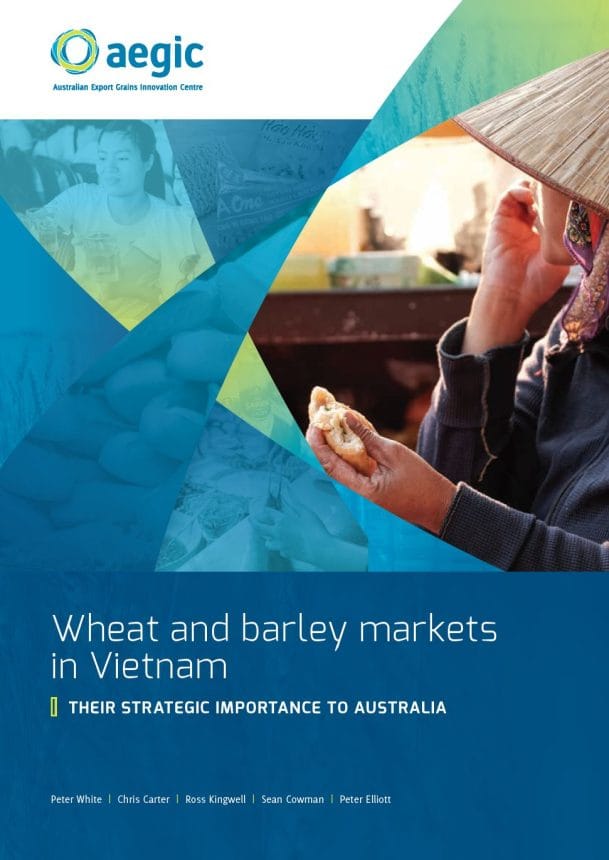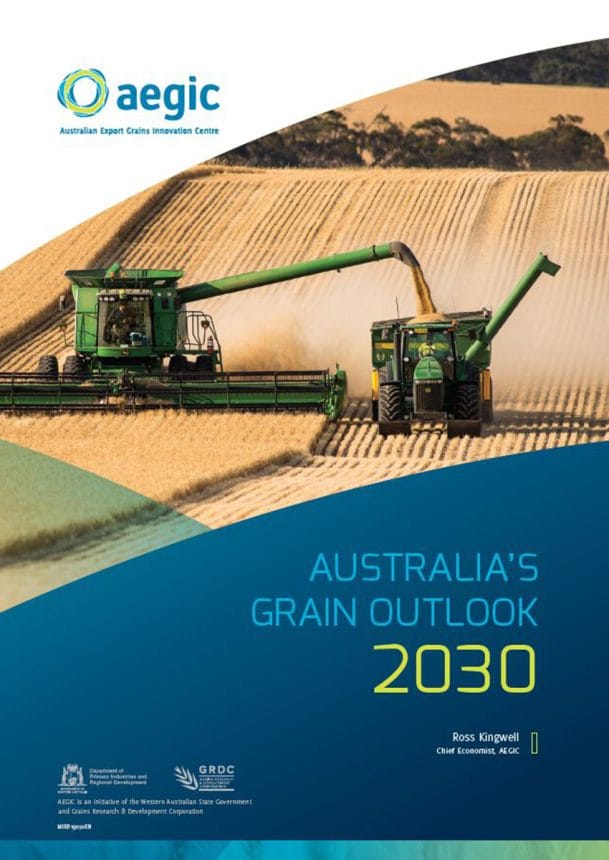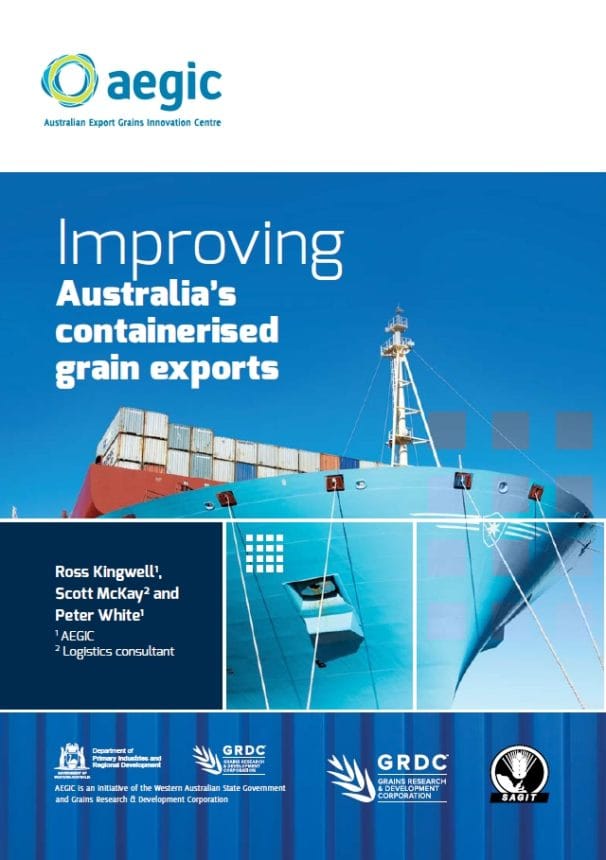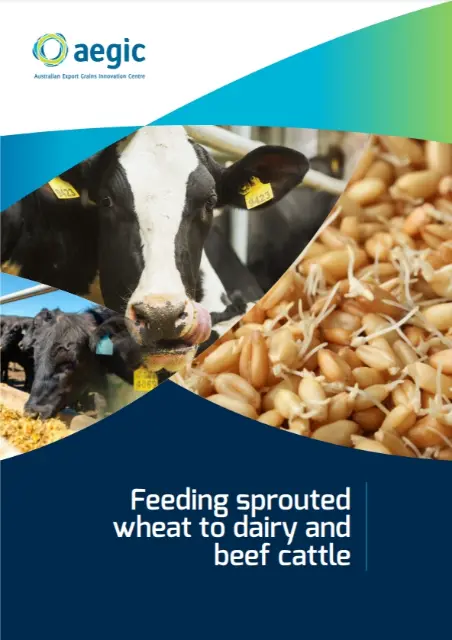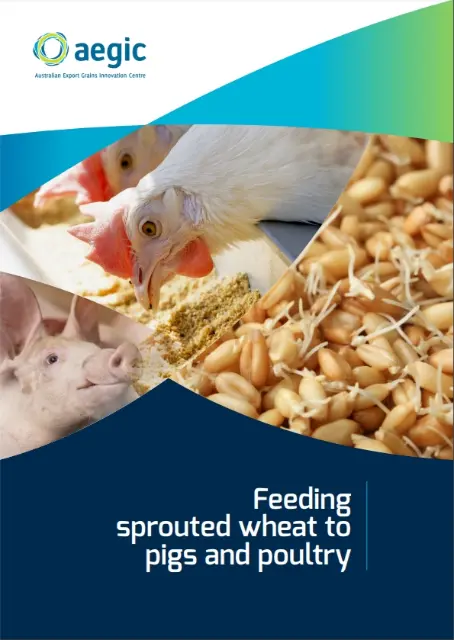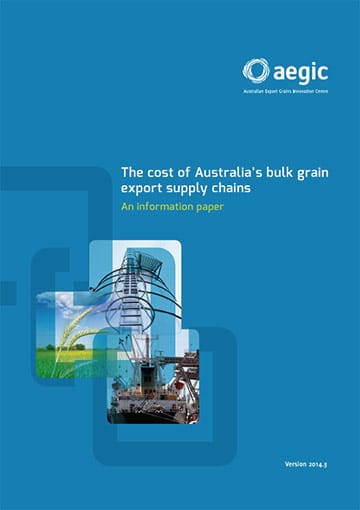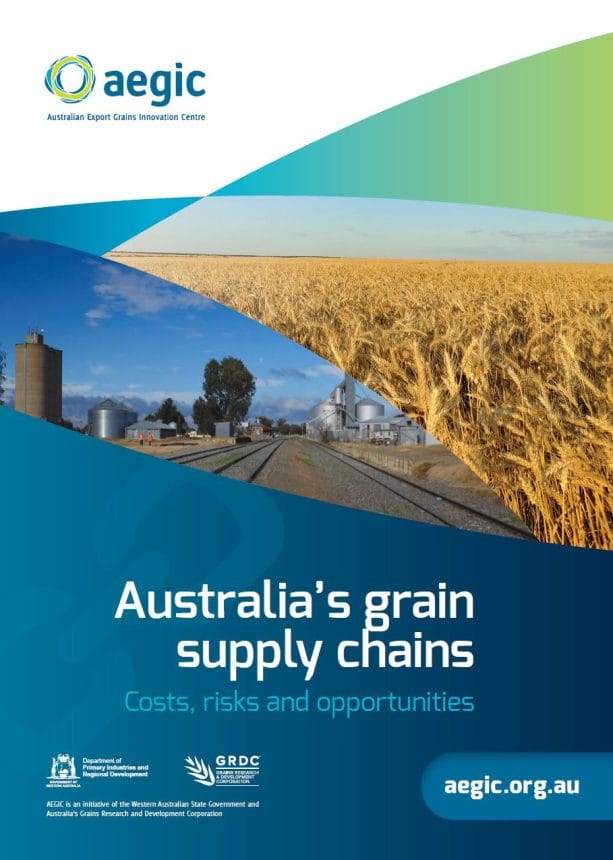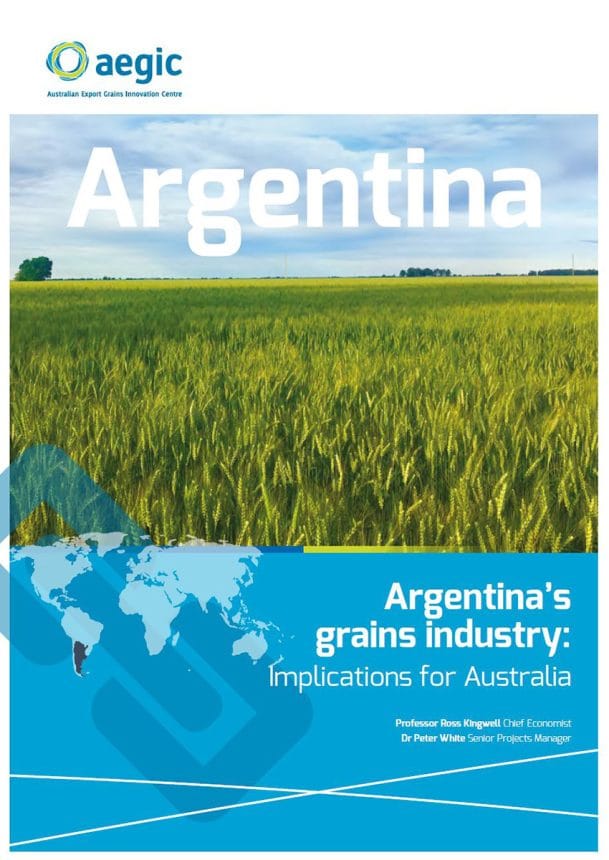Skip to contentThis website may not work correctly in Internet Explorer. We recommend switching to a more secure modern web browser such as Microsoft Edge which is already installed on your computer.
View this website in Edge.
Filter
All
Annual Reports
Barley
Featured Publications
Wheat
Canola
Feed Grains
Lupins
Oats
Pulses
Sorghum
Other Publications



The Indonesian noodle market: its importance to Australian wheat exports
April 2019: Due to its stability and magnitude, Indonesia’s noodle market, especially its instant noodle market, will remain a major source of Indonesia’s demand for imported wheat. Fortunately for Australia, flour made from Australian wheat is used in both instant and fresh noodles. This is the second in a series of three reports on the current status and future prospects of the Indonesian wheat market.

Wheat and barley markets in the Philippines: Opportunities For Australia
August 2019: While there are other more compelling prospects for Australian grain in South East Asia, strong population and consumption growth could represent opportunities for increased Australian wheat and barley exports to the Philippines

The growing consumption of bread and baked goods in Indonesia
December 2019: Getting more Aussie wheat into premium Indonesian bakeries could increase value for Australian growers, as our nearest neighbours continue to eat more and more bread and baked goodies.

Wheat 2030: Anticipated trends in global consumption
August 2020: This report presents a set of baseline projections of international wheat consumption, based on anticipated trends from analysis of historical data.

Wheat for broiler poultry

Western Australia’s noodle wheat industry – Current status and future challenges
2015: Western Australia has a long history of breeding and supplying high quality noodle wheat to Japan and Korea. Noodles are a vital staple food in both Japanese and Korean diets. However, noodle wheat production in WA faces several challenges. The Grain Industry Association of WA (GIWA) Inc. commissioned the Australian Export Grains Innovation Centre (AEGIC) to report on those challenges and outline the current state of the noodle industry. The report will inform industry discussion about what actions are required to meet those challenges.

Russia’s wheat industry: Implications for Australia
September 2016: AEGIC undertook competitor analyses of Russia in this in-depth analysis of the entire Russian grains industry entitled “Russia’s wheat industry: Implications for Australia”.

Ukraine – An emerging challenge for Australian Wheat Exports
April 2016: AEGIC compared and contrasted the Ukrainian and Australian grain value chains and reviewed the factors that may influence the future of Ukraine’s grains industry.

The Indonesian wheat market: its strategic importance to Australia
August 2018: AEGIC has released the first in a series of reports analysing where Australia’s grain demand is likely to come from in coming years. This report outlines Indonesia’s economic and demographic trends and reveals the dramatic growth Indonesia will experience towards 2030 and how this will affect demand for Australian wheat.


Canola meal for dairy cattle

New opportunities for feed grains in Indonesia’s growing livestock industry
July 2021: This report, prepared in collaboration with GrainGrowers, provides an overview of Indonesia’s animal production and explores opportunities for smarter use of feed grains to help boost sustainability and profitably.

Opportunities and risks for the Australian oats industry
September 2021: AEGIC’s new report, Opportunities and risks for the Australian oats industry, provides up-to-date oat market insights and provides key recommendations for the industry to help maintain markets and capture future opportunities.


Sorghum for broiler poultry

Sorghum for pigs & layer poultry

Sorghum for dairy & beef cattle

Wheat and barley markets in Vietnam: their strategic importance to Australia
June 2019: Vietnam is experiencing rapid economic and social change, with its economy set to double by 2030. Vietnam’s appetite for bread and noodles made from premium Australian wheat could jump 44% by 2030. AEGIC’s report, “Wheat and barley markets in Vietnam: their strategic importance to Australia”, analyses Vietnam’s grain market and economy to understand trends and suggest future actions for Australia.

Australia’s Grain Outlook 2030
November 2019: More than half of Australia’s extra grain production in 2030 will be consumed within Australia. Only about half of the additional grain will be available for export, with the rest going straight to the domestic market – mostly for animal feed.

New opportunities for feed grains in Indonesia’s growing livestock industry
July 2021: This report, prepared in collaboration with GrainGrowers, provides an overview of Indonesia’s animal production and explores opportunities for smarter use of feed grains to help boost sustainability and profitably.

Report: Improving Australia’s containerised grain exports
This report analyses the importance of containerised grain trade compared with bulk grain exports. The report found exporting grain in shipping containers will continue to play a significant role in the Australian grain supply chain despite global COVID impacts. It outlines the main broad ways in which Australia’s containerised grain supply chains can be improved by investment, policy or regulatory change and education.

Seasonal opportunity: sprouted wheat for animal feed

Feeding sprouted wheat to pigs and poultry

The cost of Australia’s bulk grain export supply chains – An information paper
January 2014: This was the first of these reports and was published in January 2014. It focused exclusively on Australia.

Canada challenges Australia’s grain supply chains
May 2015: This report focused on Canada’s Pacific grain terminals, through which Canada exports most of its grain.

Australia’s grain supply chains – costs, risks and opportunities full report
November 2018: Australia needs to continue to reform its export grain supply chains to remain competitive in an increasingly challenging global grain market, according to a new report from the Australian Export Grains Innovation Centre (AEGIC).

Argentina’s grains industry: implications for Australia
November 2018: Argentina’s wheat exports are set to double over the next decade, potentially challenging Australia’s competitiveness in key markets.

Subscribe
Stay up to date with the latest news and events, delivered straight to your inbox




